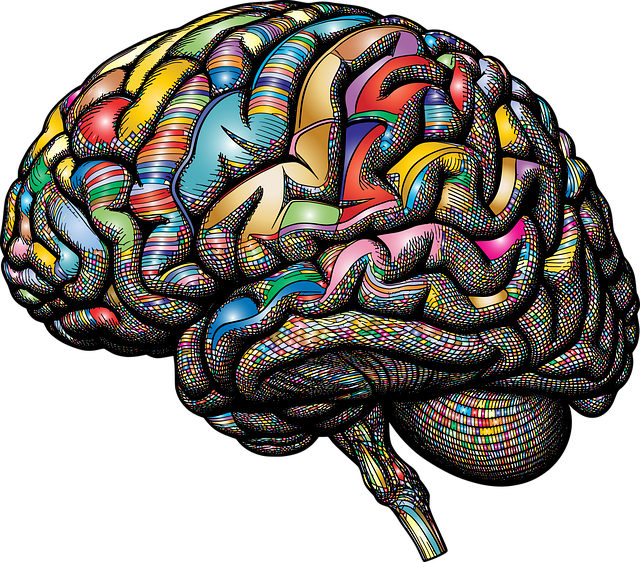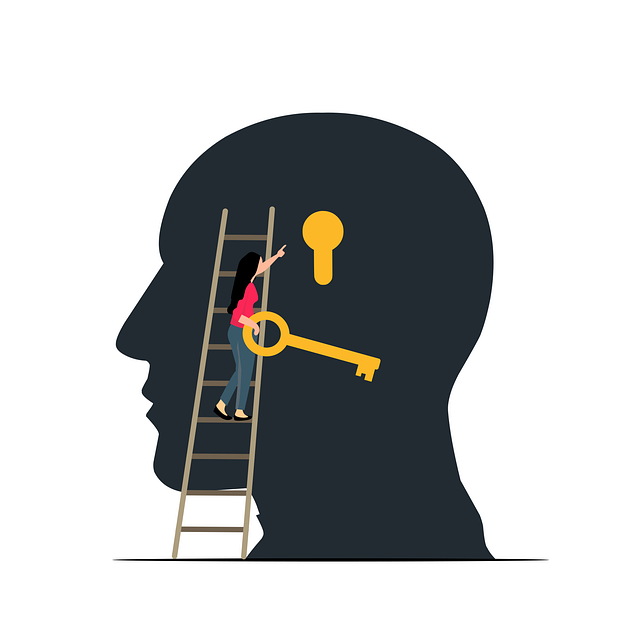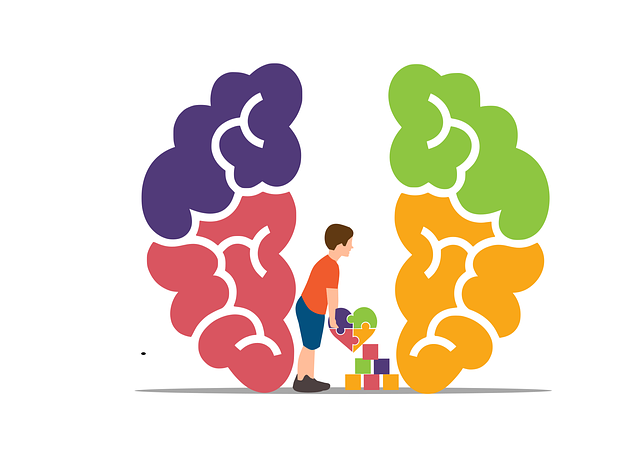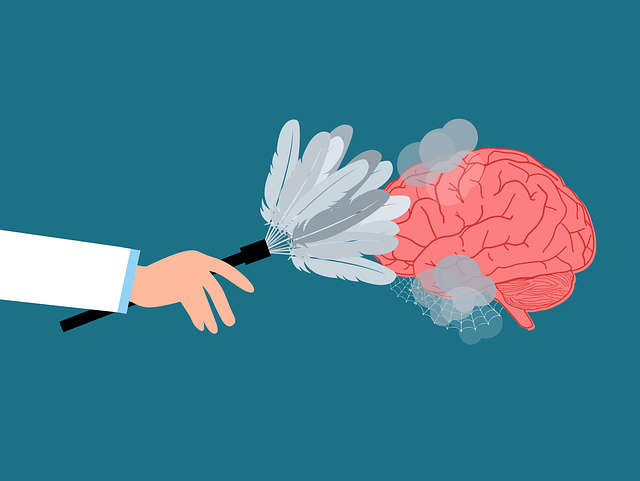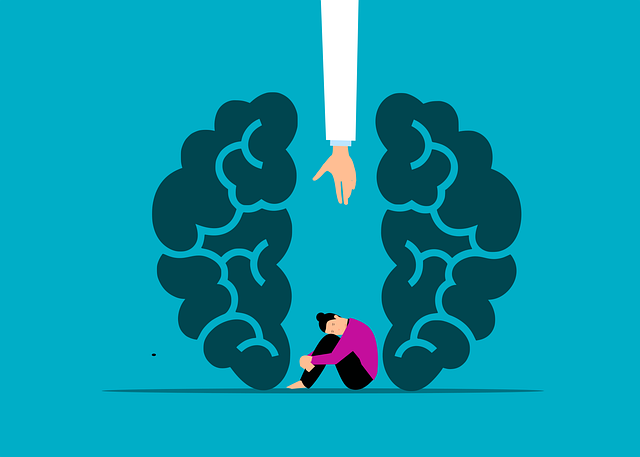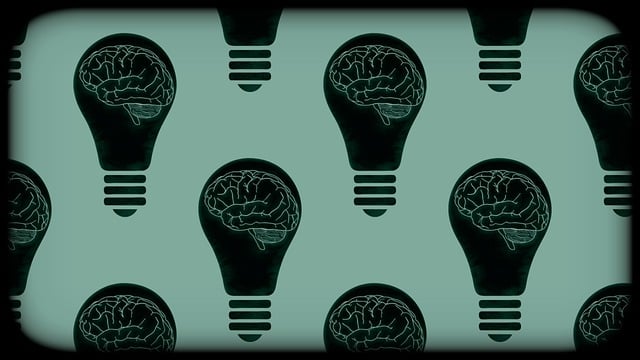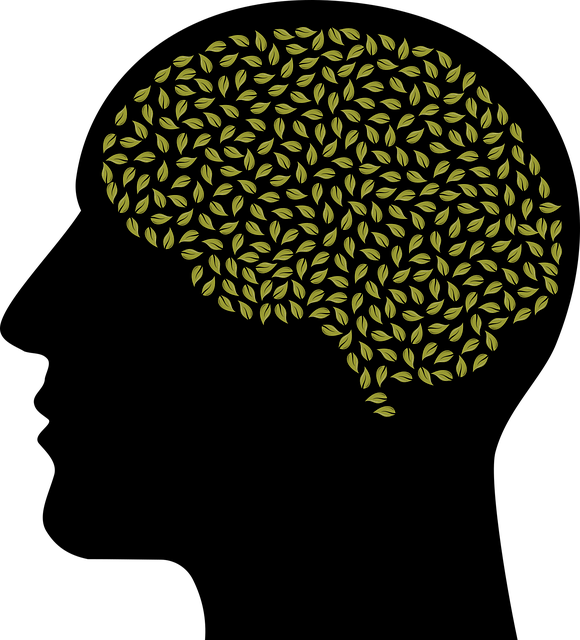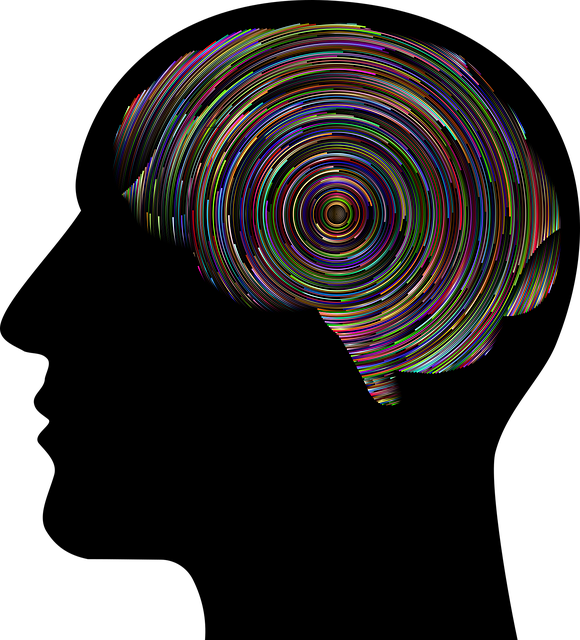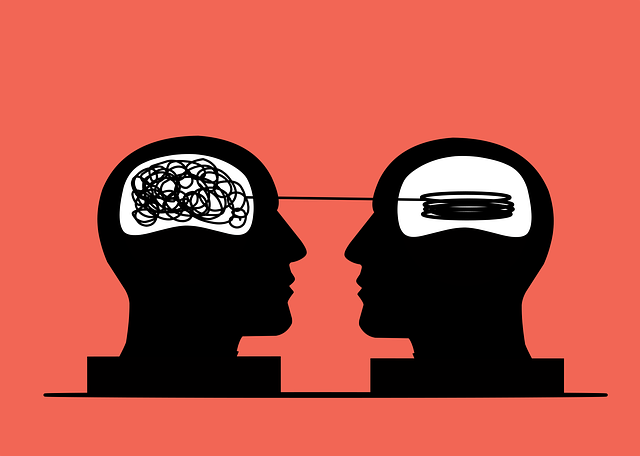Lone Tree Anger Management Therapy emphasizes creating a safe, supportive environment for its participants through skilled facilitation and structured sessions. By focusing on open dialogue, active listening, and coping skills development, the group encourages emotional exploration, promotes peer support, and fosters a sense of community that extends beyond therapy. This holistic approach, combined with evaluation strategies, ensures the program's effectiveness in improving mental wellness, addressing anger management issues, and providing long-term benefits for group members.
Mental wellness group facilitation is a powerful tool for fostering recovery and support. This comprehensive guide explores techniques for effective group dynamics, focusing on creating safe spaces and structured environments. We delve into the role of facilitators in guiding discussions with empathy, and offer strategies like anger management tactics inspired by Lone Tree Anger Management Therapy. Additionally, we cover how to encourage open communication, measure success, and foster peer support, providing valuable insights for enhancing mental wellness through group facilitation.
- Understanding Mental Wellness Group Dynamics: Creating a Safe Space
- Role of a Facilitator: Guiding the Group with Empathy and Structure
- Anger Management Strategies: Techniques for Effective Group Discussions
- Fostering Open Communication: Encouraging Active Participation and Peer Support
- Measuring Success: Evaluating the Impact and Progress of the Support Group
Understanding Mental Wellness Group Dynamics: Creating a Safe Space

Understanding Mental Wellness Group Dynamics: Creating a Safe Space
In facilitating mental wellness groups, such as Lone Tree Anger Management Therapy, it’s paramount to recognize and navigate group dynamics effectively. The first step involves fostering an environment where every participant feels safe to express their thoughts and emotions openly. This safety is the cornerstone of successful group therapy, encouraging honest discussions and building trust among members. Techniques like active listening, reflective feedback, and establishing ground rules help create a non-judgmental atmosphere, enabling individuals to share their experiences without fear of criticism or repercussions.
Creating this safe space goes beyond mere words; it involves structuring sessions with an emphasis on coping skills development and stress management workshops organization. Mental wellness journaling exercises guidance can also be integrated to encourage self-reflection and personal growth. By combining these approaches, facilitators not only address immediate concerns but also empower group members with tools for long-term mental wellness, fostering a supportive community that reverberates beyond the group setting.
Role of a Facilitator: Guiding the Group with Empathy and Structure

In facilitating mental wellness groups, such as Lone Tree Anger Management Therapy, the role of a skilled facilitator is pivotal. They serve as both a guide and a supportive presence, fostering an environment conducive to open dialogue and emotional exploration. With empathy as their compass, facilitators create a safe space where group members feel understood and respected. This empathetic approach encourages participants to share their experiences and insights without fear of judgment.
Moreover, structure is another key aspect of effective facilitation. Facilitators meticulously plan sessions, incorporating activities and discussions that promote self-reflection and coping skills development. They navigate the group’s dynamics, ensuring everyone has a chance to contribute while also addressing any arising issues. Through structured yet flexible leadership, facilitators enhance the overall effectiveness of public awareness campaigns aimed at mental health, ultimately supporting individuals in their journey towards better mental wellness and self-care routine development.
Anger Management Strategies: Techniques for Effective Group Discussions

Anger is a powerful emotion that, when left unprocessed, can lead to detrimental effects on mental wellness. As a group facilitator, guiding participants through productive anger management strategies is essential. One effective technique involves encouraging open dialogue where members share their triggers and coping mechanisms, fostering an environment of understanding and empathy. This promotes self-awareness, a crucial aspect of Lone Tree Anger Management Therapy, allowing individuals to recognize and manage their emotions more effectively.
Furthermore, incorporating mindfulness exercises can significantly enhance these discussions. Instructing the group to focus on their breath during intense moments can act as a calming signal, encouraging a shift from reactive to responsive behavior. Building resilience through such practices not only improves self-esteem but also enables individuals to approach anger management with the mind over matter principles needed for lasting change.
Fostering Open Communication: Encouraging Active Participation and Peer Support

In facilitating mental wellness groups, fostering open communication is a cornerstone technique that empowers members to share their experiences and emotions freely. This environment encourages active participation, where individuals feel safe to express themselves, build connections, and learn from one another. Peer support plays a pivotal role in this process, as group members offer encouragement, understanding, and practical advice to those facing similar challenges. By creating a space for honest dialogue, facilitators at Lone Tree Anger Management Therapy help participants develop conflict resolution techniques and emotional healing processes that extend beyond the therapy room.
Active participation also promotes burnout prevention by providing a supportive network where members can share coping strategies and build resilience. This collective approach to mental wellness not only enhances individual growth but also strengthens the bonds within the group, fostering a sense of belonging and mutual support. Techniques such as active listening, open-ended questions, and reflective practices further encourage honest communication, ensuring that every voice is heard and valued in the emotional healing processes.
Measuring Success: Evaluating the Impact and Progress of the Support Group

Evaluating the success and impact of a mental wellness support group is an essential step in ensuring its effectiveness and longevity. This process involves assessing both the quantitative and qualitative aspects of group facilitation techniques, such as Lone Tree Anger Management Therapy. Metrics like attendance rates, member satisfaction surveys, and progress tracking tools can quantify improvements in symptoms and overall well-being. For instance, a decrease in anger-related incidents reported by participants over time indicates successful anger management skills acquisition.
Beyond numbers, qualitative feedback from group members is invaluable. Encouraging open dialogue through discussions, reflections, or feedback sessions allows participants to share their experiences, challenges, and victories. This provides insights into the group’s overall dynamics and the support they receive. Integrating these perspectives into mental health policy analysis and advocacy ensures that services are tailored to meet the diverse needs of individuals seeking support, fostering a more inclusive and effective healthcare provider cultural competency training environment.
Mental wellness group facilitation is a powerful tool for fostering connection, understanding, and growth. By implementing techniques that prioritize safety, empathy, structure, and open communication, facilitators like those at Lone Tree Anger Management Therapy can create supportive environments where individuals feel empowered to navigate their mental health journeys together. Through guided discussions, peer support, and structured activities, these groups have the potential to significantly improve participants’ well-being and equip them with valuable coping strategies. Remember, effective group facilitation is key to unlocking the transformative power of collective healing.



